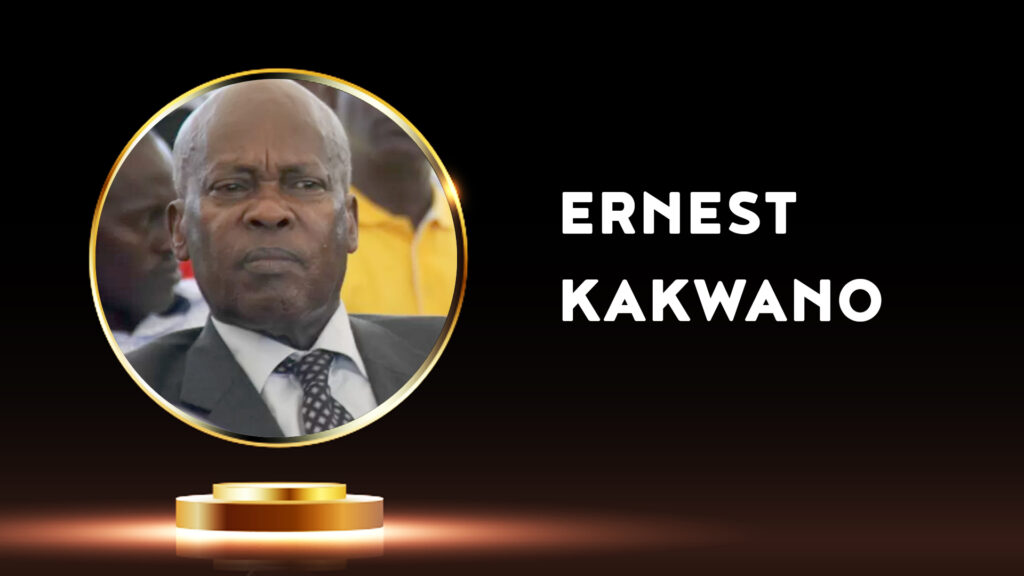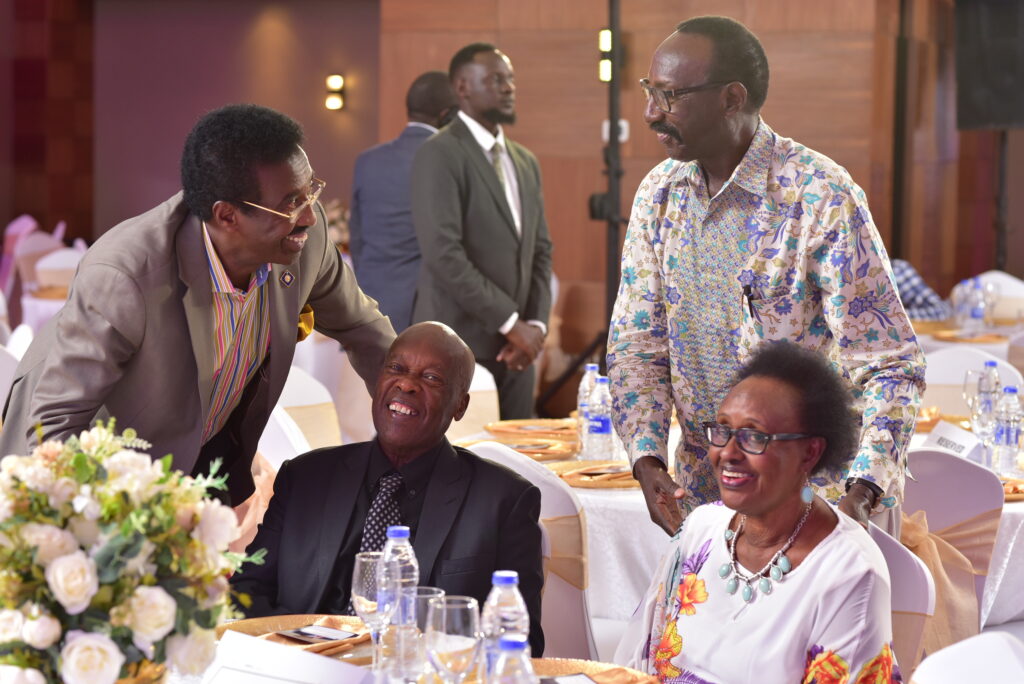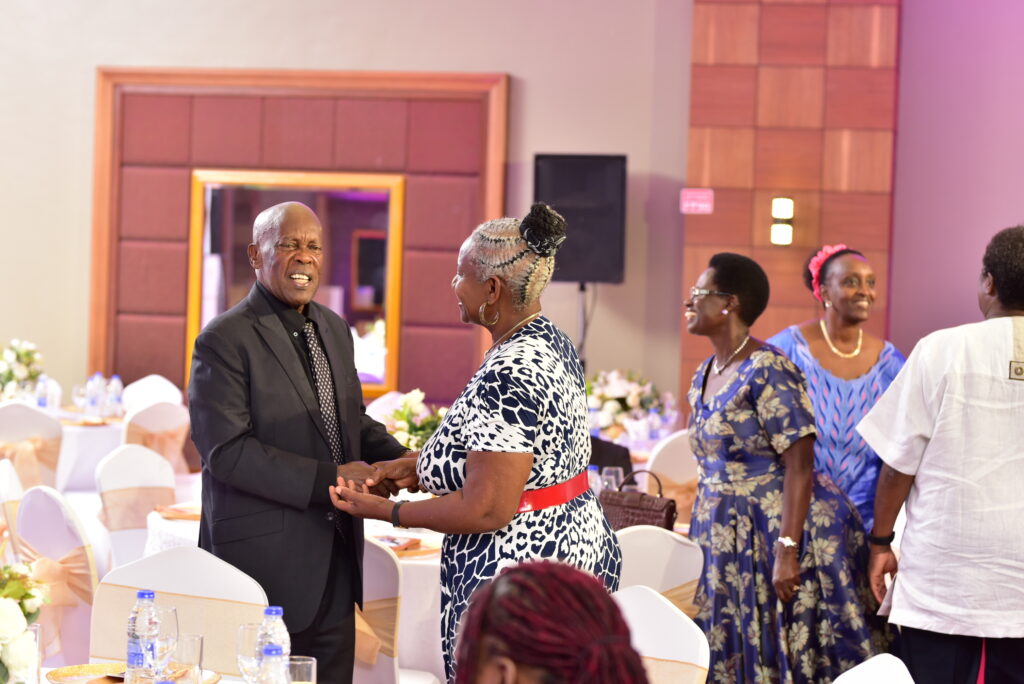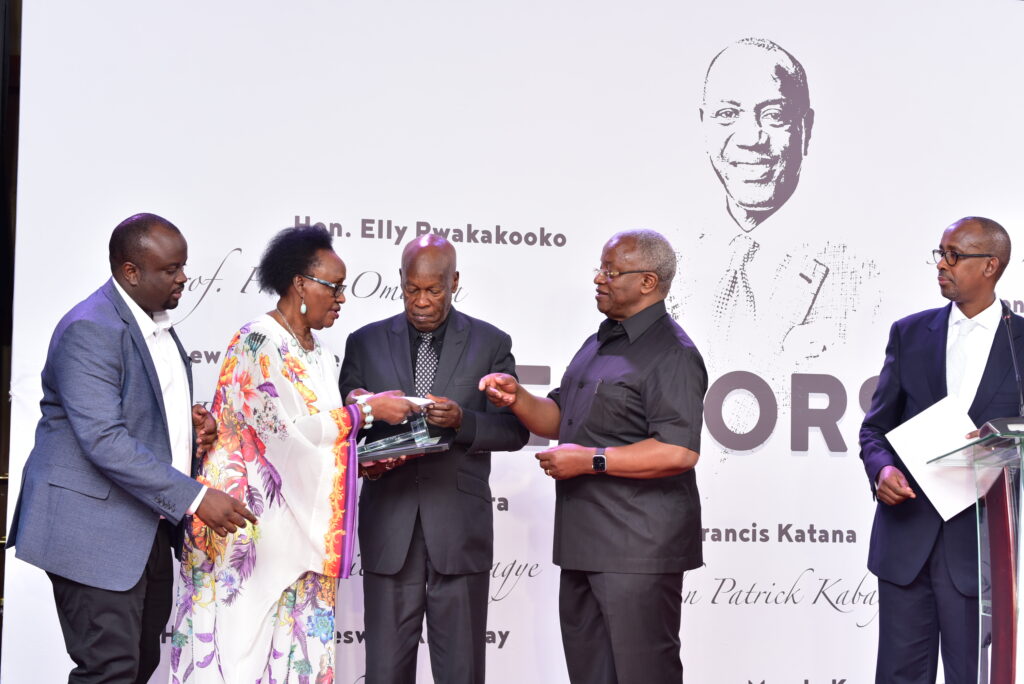The passing on of Mzee Ernest Kakwaano, 80, on Easter Sunday reminded us again of the sunset of a generation that stood for Uganda when few would; and even more poignantly, how much needs to be done to keep their example of humanness and patriotism alive as our country’s economy and politics continue to shift back and forth. The English language has no verb for the common adjective we use in everyday speech – the word ‘resilient’. If it had, I would perhaps use the verb ‘resele’ to describe this generation that we are fast losing!
Kakwaano became my friend in 1994, a couple of years after he left the Coffee Marketing Board (CMB) back into the private sector. The private sector is where he had horned his skills as an entrepreneur in Kenya in the 1970s, running a Japanese motor vehicle franchise in Nairobi. When we met, he had been dropped from CMB, removed from the property he occupied with his family, and shoved out of the limelight. It was the days of liberalization of the economy, and the end of marketing boards for commodities. It was also the peak of the IMF/World Bank Structural adjustment programs that emphasized getting the government out of social services in return for technical and financial support from the West.
Why I am reminded of this word ‘resilience’, for which I prefer the verb ‘resele’ if it ever appeared in the English lexicon, is that Kakwaano and a number of people like him, who would have had a sense of entitlement for the work they did in exile for the Movement such as saving lives, publicity, treating the wounded, rescuing families of those being persecuted, hiding rebel fighters in transit, etc.; they remained resilient and humble in the face of what often looked humiliating treatment. Kakwaano would have had a ‘legitimate right’ of sorts given he used his car business along with Alice, his wife’s time, to fund some of the NRM external wing activities. He, along with others, genuinely believed he should have been ‘perennially rewarded’ than many newcomers into the system. And in Kakwaano’s calm demeanor, through it all, lies the answer to some of today’s NRM problems. In Kakwaano’s death and his having remained silent about some of his misgivings, we understand the irony of growth and the need to keep certain principles alive. Growth brings change and often that very change can sweep us away. We are called to remain principled as leaders.
When the Movement was still small, the original organ of the National Resistance Council (NRC) of 38 people and even the expanded one in 1989, there were two principles that many of us admired then, when we were in high school. One was the idea of constructive criticism which stipulated that one could contend against the reigning view with good facts, and present a compelling case against a leading position, all in the confines of comradeship, without fear of being misunderstood or losing their job. Constructive criticism saved the young organization from corrupt elements and liars within as they were exposed internally. This method also gave meaning and significance to the value of the Movement’s ideology even to those who were opposed to it at the time. This is why the Movement largely won over people with the power of argument not money or use of intimidation and brute force.
The second idea was collective decision-making by consensus without subjecting key decisions to a vote. A vote would be the last resort if something was deeply controversial and endlessly divisive with a possibility that the public could misconstrue it. That is how many of us young then supported the arrest of Col. Kiiza Besigye, Maj. Gen. David Ssejusa, Gen. Henry Tumukunde, and many other army officers when they dabbled in politics. We understood well that the 1966 crisis that introduced Idi Amin into Uganda’s politics was the genesis of much trouble the country went through. That kind of consensus was an underlying generally accepted way to approach controversial public issues so that our country could heal from the past. And even when consensus failed and a vote was taken, there would be steps taken to heal the side that would have lost the argument and bring them back. The main idea was to convince people to see the correctness of a particular line of thinking and not political posturing. Those who opposed a particular stand in a meeting would be given all the time to speak plainly without fear and if they didn’t convince the majority, they (the minority) would never step out of the room and speak ill of what had been collectively decided on.
These two tools in our work methods were slowly abandoned after 2001 and even worse after 2005 with the pressure to return to party politics. To expand our support base, we dropped or perhaps I could say, watered down, the key values that partly gave us the initial support from intellectuals, workers, and peasants. These groups had been the bulwark of defense against infiltration. The reason the death of Kakwaano reminds me of all this is that the ones who loved the Movement most when these principles were shaken, decided to go silent in respect of the founding principles. The newcomers with limited teaching and awareness, took over and often confused leadership with the titles and positions they came to occupy. They weren’t schooled in these principles and were in a hurry to get to the top. They didn’t understand that leadership is not a job. It is having a burden on how to move society forward. In the watering down of some of these principles and more, we now see results in the quality and depth of leadership in the public sector. Yes, Expansion is good but principles are greater at keeping that expansion within a prescribed growth trajectory that retains values for an organization’s future. If you sacrifice principles at the expense of growth, an organization will struggle to cope with changes in the economy, demographics, and the much-needed thinking on how to organize for tomorrow. I believe that we can remain democratic and still enforce discipline and a standard of leadership for the young people who have joined the Movement over the years.
While I look back reminiscing over the old days, I recognize that every season has its good side and a bad one. There is no neutrality in life. I see that we will not be able to return to the past. We have to build afresh with humility, which is what Mzee Kakwaano’s example reminds us all. In 1994 when I took an evening job at his industrial graphics company, I understood him as a man of few words but a large warm heart. We would work with him on stories to very late in the night for a newspaper he founded called, the Market Place. He would edit the paper with us before it went to press. At about 1 am, he would take us out for a drink and a warm meal in the small corner restaurants of Entebbe town.
There I would pester him with questions about his life, family, work, and how he ended up in exile, and what motivated him as a businessman after losing a job in government. He was always open and we remained friends till he passed on.
While I am saddened by the fact of my not being able to see him on his deathbed given the heavy pressures now placed on our days at work, I have no sense of guilt or shame with him. This is because last year, he made it to a coveted list of mentorship awards that President Museveni gives to those in advanced age who have served our country well. We were able to speak about him among his friends in his hearing and he got to know us younger people and how much we recognize his work for the Movement and the country. On that February day at Sheraton last year, I unburdened myself of any guilty feelings about these old people by saying thank you to them publicly. In one year, three have left us and gone in peace. They include Honorables Henry Kyemba and Cecila Ogwal, now joined by Ernest Kakwaano. They were all on the honor roll for the year 2023.
God keep your soul in peace Mzee Kakwaano.




